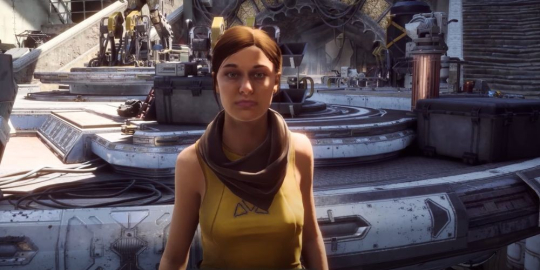
BioWare's ambitious project Anthem was touted as a next-gen live-service game that could redefine the genre. With the backing of Electronic Arts and the anticipation of eager fans, the game seemed poised for success. Upon release, Anthem sold a respectable 2 million units in its debut week and hit a lifetime sales figure of 5 million. On the surface, these numbers might seem like a victory, but a closer look paints a different picture.
When compared to other EA titles, Anthem's sales figures quickly lose their shine. For context, Battlefield 1, another EA staple, boasted sales of 21 million copies in its first year alone. The disparity becomes even more profound when looking at the massive success of EA's Star Wars: Battlefront series, which cumulatively sold an astronomical 50 million units. Such striking contrasts highlight the aggressive market expectations for AAA games and showcase where Anthem fell short.
Underpinning Anthem's sales is a tale of harrowing development and missed opportunities. It's reported that the game's creation was condensed into a mere 15 months, subjecting BioWare's talented developers to grueling work schedules. This crunch time, forced by EA's insistence on meeting the release date, compromised game quality. Further exacerbating the situation, EA scrapped the promising Anthem Next/Anthem 2.0, an initiative that could have potentially steered the game back on course.
Anthem's performance post-launch suggests a downhill trajectory that couldn't be arrested. After an initial spike in interest, sales plateaued, and the buzz dwindled. This was a game that clearly had potential, as even Anthem Next seemed to offer a glimpse into a more captivating version of the title. However, persisting technical issues, gameplay imbalances, and a lackluster narrative contributed to its fading allure.
EA's decision to cancel any future developments for Anthem reflects the reality of the high-stakes world of AAA game development, where even substantial sales can be deemed insufficient against towering expectations. It's a stark reminder of the cutthroat nature of the gaming industry, where not just profitability but overwhelming success defines a game's legacy. While Anthem will be remembered as a misstep for BioWare, it's also a lesson in balancing the drive for innovation with the realities of market demands and the welfare of developers.








